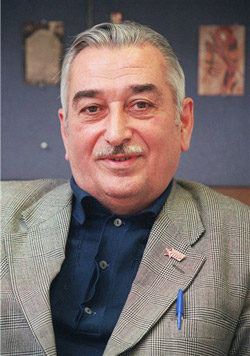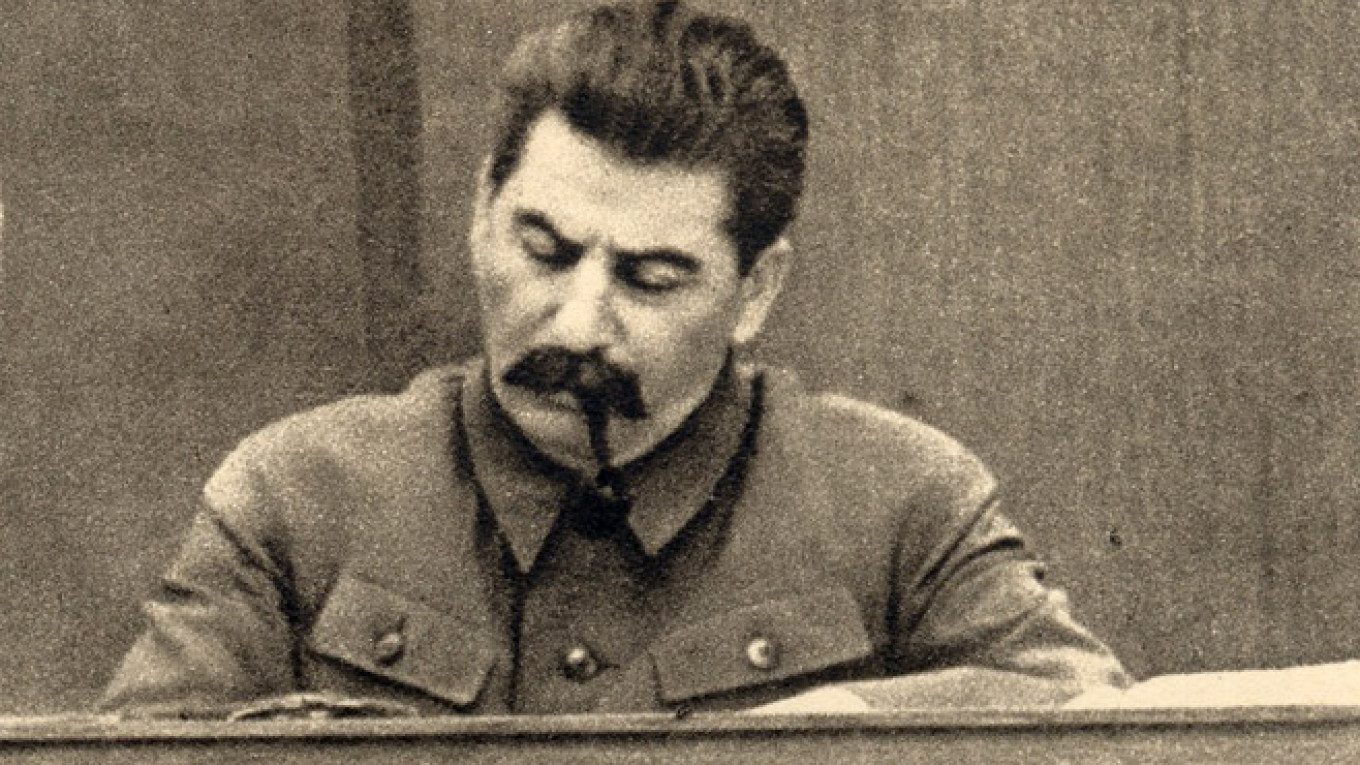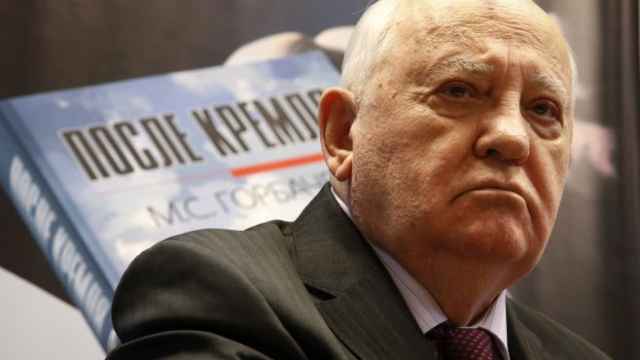Russian courts ruled appropriately in dismissing a defamation claim brought by Josef Stalin's grandson against Novaya Gazeta, which had referred to the late Soviet leader as a "bloodthirsty cannibal," the European Court of Human Rights said Thursday.
In April 2009, opposition newspaper Novaya Gazeta published a story on the Katyn massacre of 1940, when Soviet forces killed many thousands of Polish prisoners of war. The U.S.S.R. only admitted responsibility for the killings in 1990. Russia's State Duma in 2010 approved a declaration placing the blame on Stalin and other leaders for having ordered the executions.

Yevgeny Dzhugashvili, Stalin’s kin.
Novaya Gazeta's strongly worded article accused Soviet leadership, including Stalin, of having "evaded moral responsibility for the extremely serious crime," and said the leaders were "bound by much blood" in connection with the execution order.
Displeased with the newspaper's depiction of his grandfather, Yevgeny Dzhugashvili filed a defamation lawsuit against Novaya Gazeta and the journalist who wrote the piece shortly after its publication. Moscow's Basmanny District Court dismissed his complaint in October 2009, ruling that the article in question had contributed to a debate on an event of major historical discussion. The Moscow City Court upheld the ruling on appeal in December 2009.
Novaya Gazeta then published an article about the defamation proceedings, prompting yet another defamation suit from Dzhugashvili. He lost the second suit as well.
Feeling that he had been wronged by the Russian courts, Dzhugashvili turned to the European Court of Human Rights in June 2010, claiming that various fundamental rights had been violated in connection with the ill-fated Russian defamation proceedings.
The European court on Thursday sided with the Russian courts, declaring Dzhugashvili's claim inadmissible.
"The Novaya Gazeta articles concerned an event of significant historical importance and … both the event and historical figures involved, such as the applicant's grandfather, inevitably remain open to public scrutiny and criticism," said a statement accompanying Thursday's judgment.
"[The European court] also found that the Russian courts, taking into account the European Court's case law, had carefully balanced the competing interests of journalistic expression and the applicant's right to respect for his private life and that of his grandfather."
A Message from The Moscow Times:
Dear readers,
We are facing unprecedented challenges. Russia's Prosecutor General's Office has designated The Moscow Times as an "undesirable" organization, criminalizing our work and putting our staff at risk of prosecution. This follows our earlier unjust labeling as a "foreign agent."
These actions are direct attempts to silence independent journalism in Russia. The authorities claim our work "discredits the decisions of the Russian leadership." We see things differently: we strive to provide accurate, unbiased reporting on Russia.
We, the journalists of The Moscow Times, refuse to be silenced. But to continue our work, we need your help.
Your support, no matter how small, makes a world of difference. If you can, please support us monthly starting from just $2. It's quick to set up, and every contribution makes a significant impact.
By supporting The Moscow Times, you're defending open, independent journalism in the face of repression. Thank you for standing with us.
Remind me later.






